★★★★½
“Hard-hitting, and hitting hard.”
 Not long ago, I tagged Black Doves as the best television of 2024. If I’d seen this before December 31, it would have beaten it out. It’s a top-tier depiction of the world of Japanese women’s professional wrestling in the eighties, weaving truth, fiction and legend together in a way that’s highly effective – probably even if you’re not a particular fan of sports entertainment. It’s the story of Kaoru Matsumoto (Retriever), who escaped a dysfunctional family to join All Japan Women’s Pro Wrestling (AJW). Initially struggling to achieve success, she found her niche as nightmare villain Dump Matsumoto, feuding with former friend Chigusa Nagoya (Grace), until the pair faced off in a legendary, brutal battle, destined to lead to public humiliation for one of them.
Not long ago, I tagged Black Doves as the best television of 2024. If I’d seen this before December 31, it would have beaten it out. It’s a top-tier depiction of the world of Japanese women’s professional wrestling in the eighties, weaving truth, fiction and legend together in a way that’s highly effective – probably even if you’re not a particular fan of sports entertainment. It’s the story of Kaoru Matsumoto (Retriever), who escaped a dysfunctional family to join All Japan Women’s Pro Wrestling (AJW). Initially struggling to achieve success, she found her niche as nightmare villain Dump Matsumoto, feuding with former friend Chigusa Nagoya (Grace), until the pair faced off in a legendary, brutal battle, destined to lead to public humiliation for one of them.
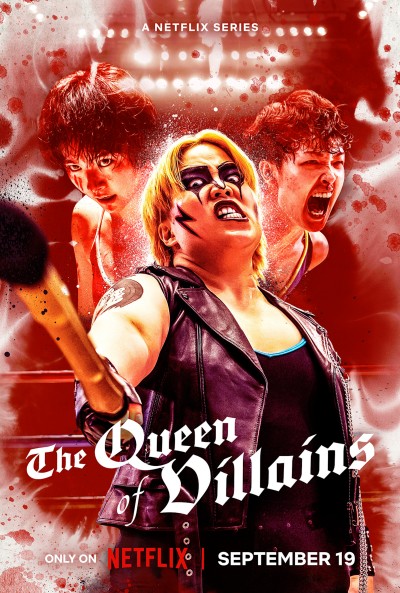 We all know professional wrestling is staged, with the outcomes predetermined, right? [Do not used the word “fake”: I will cut you!] Here, things are… murkier. This treads a delicate line between that and kayfabe, the wrestling term for promoting it as reality, and genuine competition. The stance here is interesting, suggesting that while those in charge, like promoter Toshikuni Matsunaga (Saitoh), can have a result in mind, that relies on those in the ring agreeing to it. This isn’t always the case [one wrestling show I remember attending definitely had a genuine fight, for backstage reasons], and here, Matsumoto is a loose cannon, prepared to go to any lengths to put herself over. Or her character: the lines are certainly blurred here, to the point of near invisibility.
We all know professional wrestling is staged, with the outcomes predetermined, right? [Do not used the word “fake”: I will cut you!] Here, things are… murkier. This treads a delicate line between that and kayfabe, the wrestling term for promoting it as reality, and genuine competition. The stance here is interesting, suggesting that while those in charge, like promoter Toshikuni Matsunaga (Saitoh), can have a result in mind, that relies on those in the ring agreeing to it. This isn’t always the case [one wrestling show I remember attending definitely had a genuine fight, for backstage reasons], and here, Matsumoto is a loose cannon, prepared to go to any lengths to put herself over. Or her character: the lines are certainly blurred here, to the point of near invisibility.
What matters, is that the audience believed it was real, to the point that Matsumoto received death threats as the feud intensified. It’s perhaps hard to understand just how popular AJW was, but their TV shows were getting considerably bigger ratings in Japan at its peak, than WWE or WCW were during the Monday Night Wars. It was a true cultural phenomenon – oddly, with teenage girls at the front of fandom. Nagayo and tag partner Lioness Asuka (Goriki), known as the Crush Gals, were basically Taylor Swift: they actually had a successful music career. Below, you can see the video of the real match mentioned, between Nagayo and Matsumoto. I defy you to find any wrestling bout, anywhere, where the crowd were so utterly into it.
The show does a fabulous job of capturing this, and the bouts as well are very well-staged – the real Nagayo worked as a technical advisor. Wrestling at the time was very different from what it is now, especially for women, and Matsumoto’s brutal style was unprecedented. She could chew up and spit out current WWE champion Rhea Ripley, using her as a tooth-pick. Indeed, it feels as if the final match is the dramatic pinnacle, and should end the fifth and final episode. It doesn’t and it feels like it’s heading for an anti-climax thereafter, until recovering [while not mentioned, it’s caused by AJW’s rule that wrestlers had to retire at age twenty-six!] But the drama behind it also has a great deal of nuance, depicting her troubled family life, and willingness to do whatever was necessary for her career.
This came at personal cost – not least her friendship with Nagayo. But it also affected her relationship with her family, in particular her mother and sister. Matsumoto initially wanted to become a wrestler, so she could protect them from her abusive and alcoholic father, but in the end, even her family were not safe from the ripples of her in-ring “villainy”. It all works on multiple levels, and provoked genuine emotions in me, to a degree rarely managed by any TV show, least of all one based on (lightly fictionalized) reality. Towards the end, the promoter lets a young girl in to see the show, and I was left wondering whether this was perhaps intended to be someone like Manami Toyoya, the greatest woman wrestler of all-time.
Another series, perhaps The Queen of Heroines? We can but hope.
Creator: Osamu Suzuki
Star: Yuriyan Retriever, Victoria Grace, Takumi Saitoh, Ayame Goriki





 Interesting the title dropped the “Special Ops” prefix from the title for this series, necessitating a bit of a retro-fix on
Interesting the title dropped the “Special Ops” prefix from the title for this series, necessitating a bit of a retro-fix on 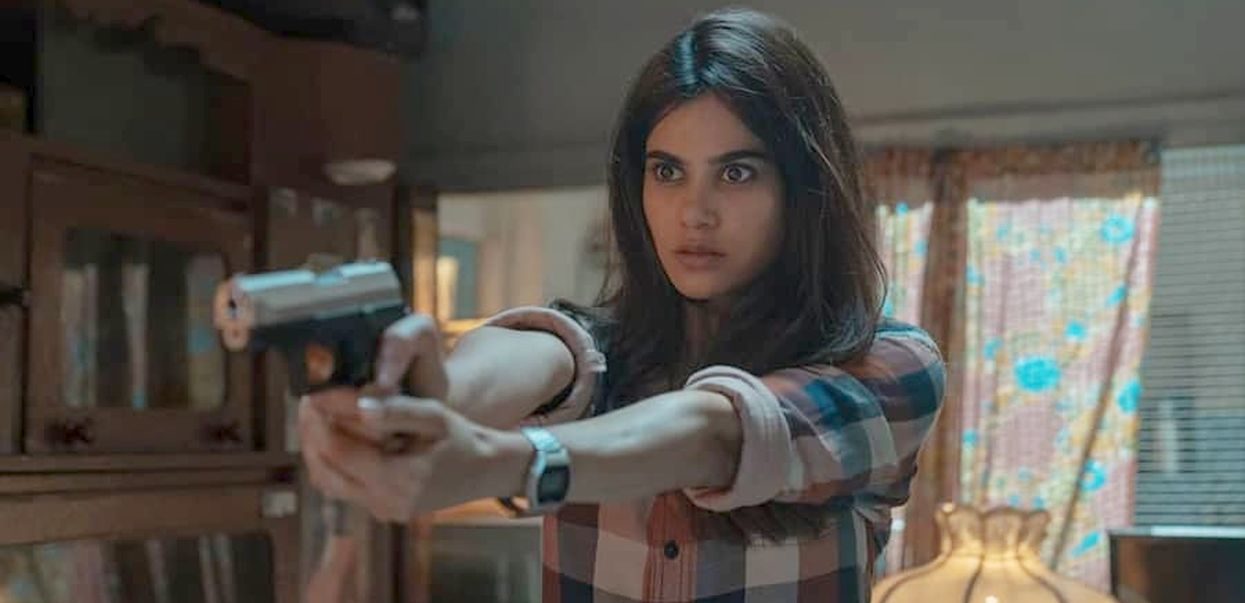 ★★★½
★★★½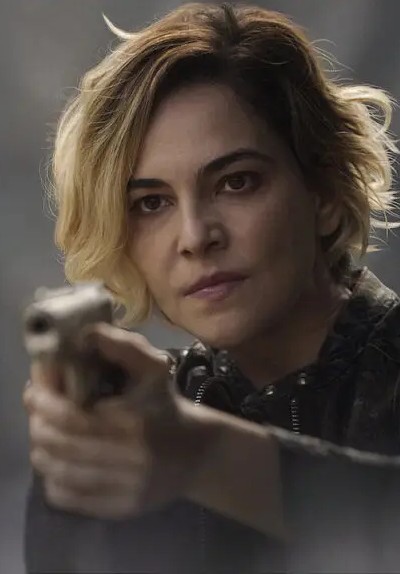 I’ll treat these two seasons as one entity. Indeed, there’s a case to be made that you could include
I’ll treat these two seasons as one entity. Indeed, there’s a case to be made that you could include 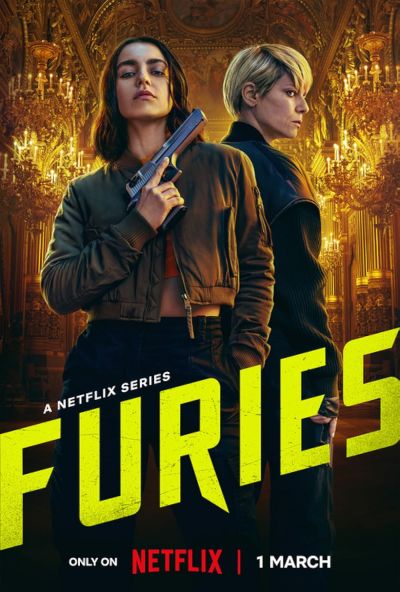 Not to be mixed up with
Not to be mixed up with 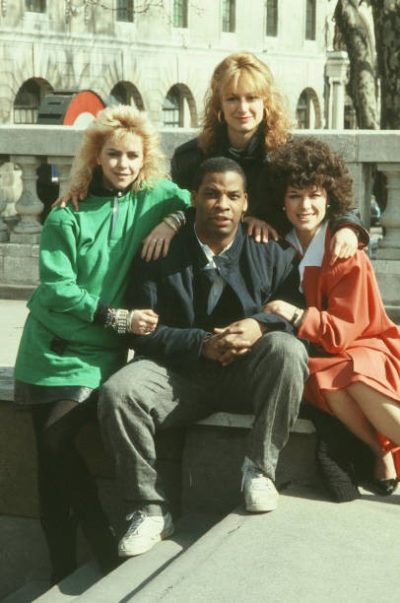
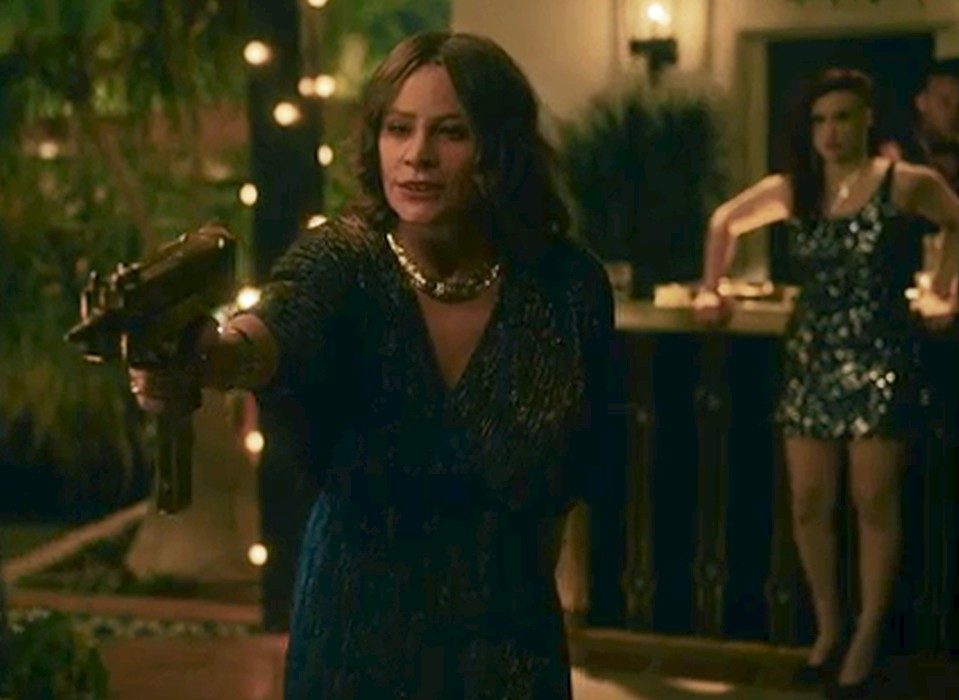 ★★★★
★★★★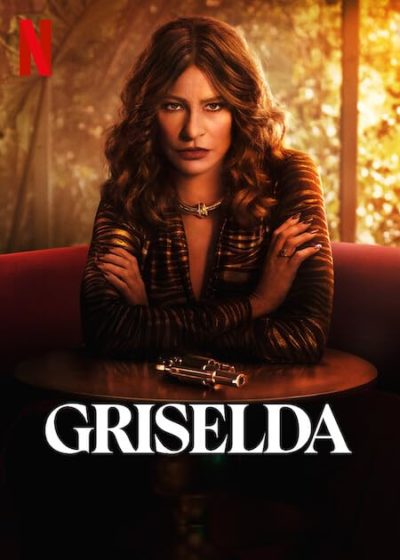 It’s kinda inspiring, weirdly. Early on, the series can be seen a twisted version of the American dream, where an immigrant can come to America, pull themselves up by their bootstraps, and anyone can achieve success if they work hard. The reality is, Blanco didn’t arrive in Miami seeking asylum from domestic abuse, but fleeing increased law-enforcement heat for drug trafficking in New York. Not exactly what Vergara
It’s kinda inspiring, weirdly. Early on, the series can be seen a twisted version of the American dream, where an immigrant can come to America, pull themselves up by their bootstraps, and anyone can achieve success if they work hard. The reality is, Blanco didn’t arrive in Miami seeking asylum from domestic abuse, but fleeing increased law-enforcement heat for drug trafficking in New York. Not exactly what Vergara 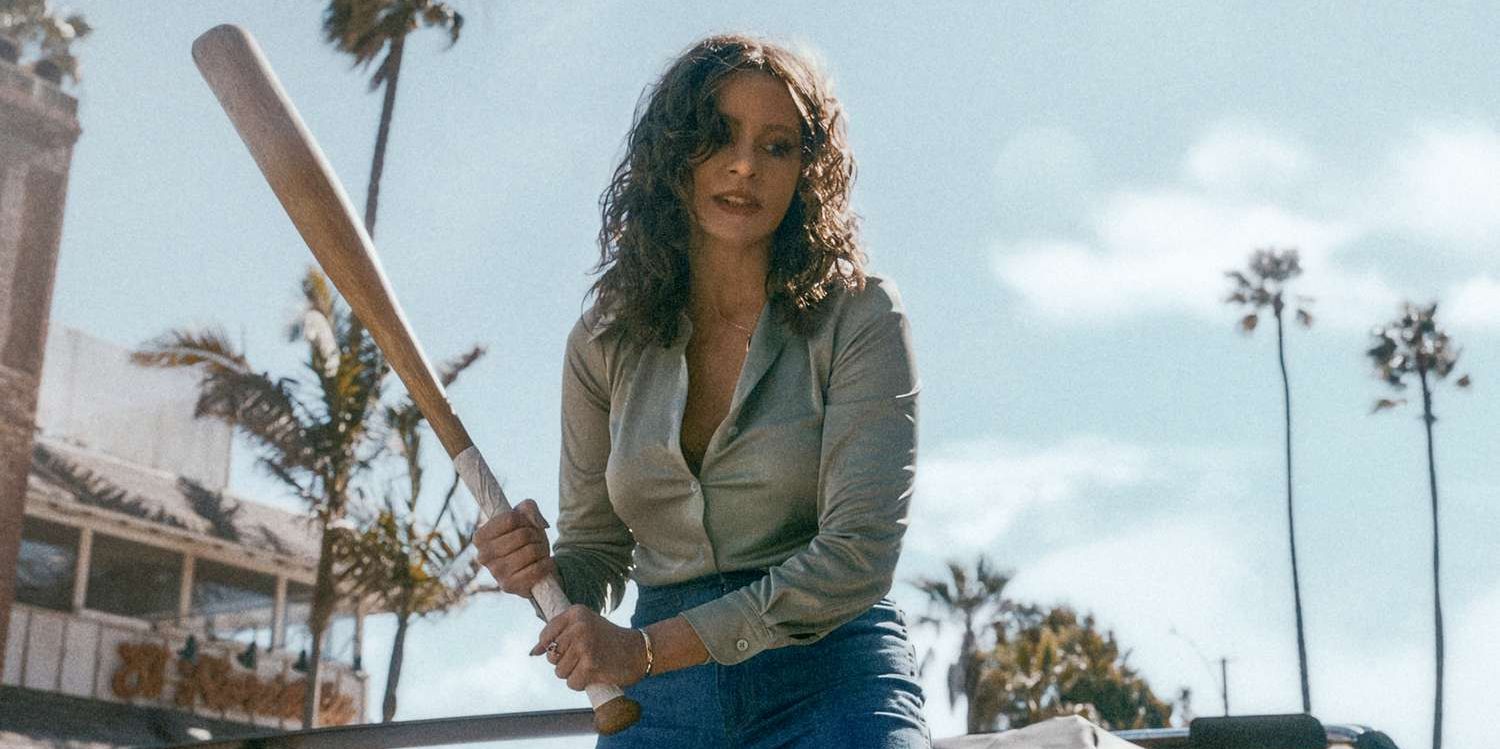 In terms of production value, this is definitely several slices above the other efforts, even if Los Angeles stood in entirely for Miami (the latter no longer resembling what it was at the time). Of particular note is the make-up work on Vergara. It must have been a challenge, because events unfold over a significant number of years: your lead is, obviously, more or less fixed at a point in time. Initially, there’s little of note, but it gradually builds up, in a way that’s so subtle you might not notice. Until, by the end, you suddenly realize the character no longer looks like the actress. Though still rather prettier than the real Griselda.
In terms of production value, this is definitely several slices above the other efforts, even if Los Angeles stood in entirely for Miami (the latter no longer resembling what it was at the time). Of particular note is the make-up work on Vergara. It must have been a challenge, because events unfold over a significant number of years: your lead is, obviously, more or less fixed at a point in time. Initially, there’s little of note, but it gradually builds up, in a way that’s so subtle you might not notice. Until, by the end, you suddenly realize the character no longer looks like the actress. Though still rather prettier than the real Griselda.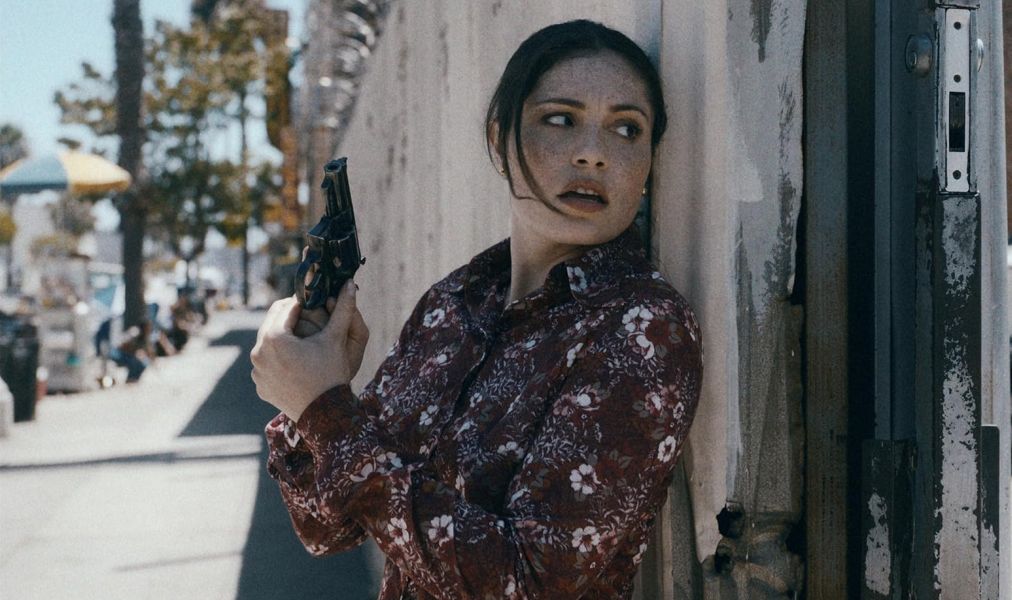
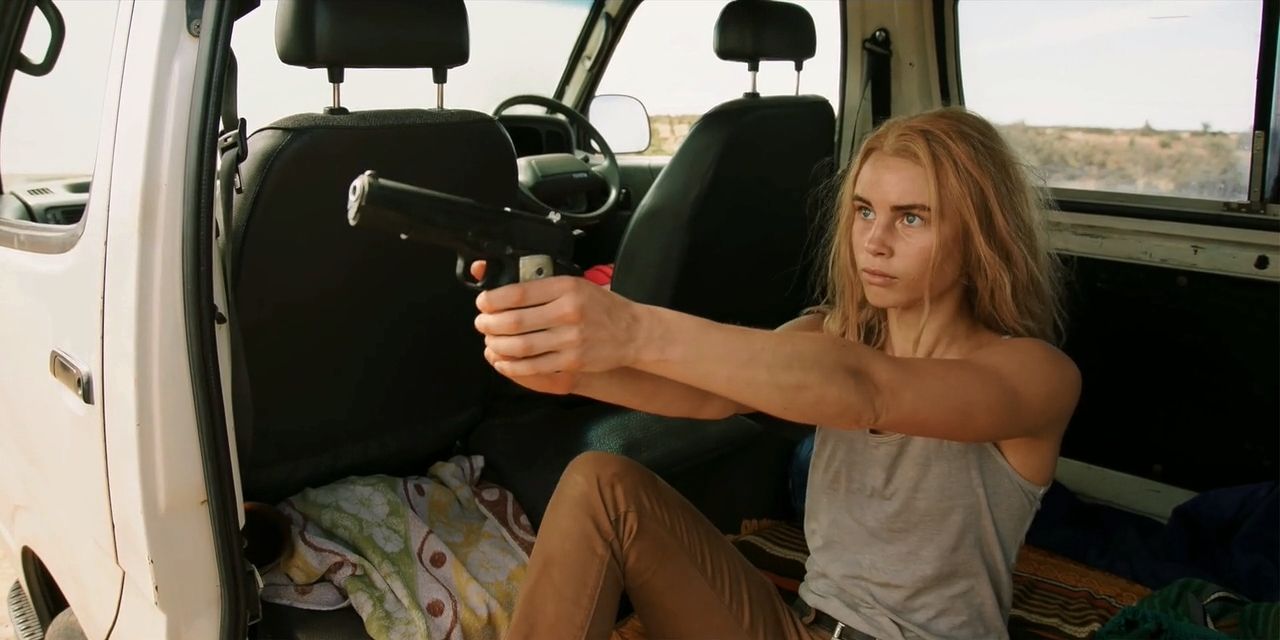 ★★★★
★★★★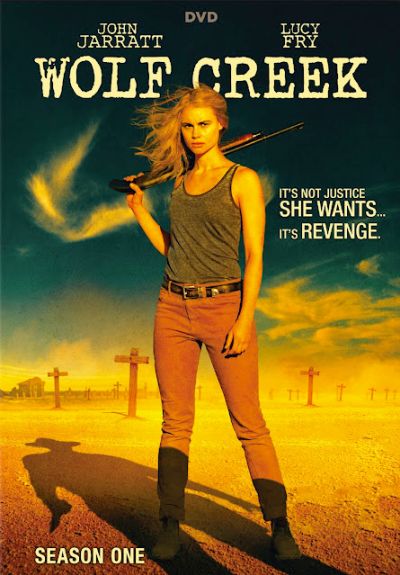 I have to say that this series really surprised me. I had bought it based solely due to the cool cover photo and didn’t expect much more than a probably over-gruesome third-rate slasher, I mean, is Australia really famous for great serial killer psycho thrillers? Though there is the very good Stacy Keach and Jamie Lee Curtis thriller from 1981, Road Games. As a matter of fact, this short (six episodes) series blew me away with its astounding quality. When you read the above, you might be forgiven for getting the impression the whole thing will come across as a bit cheap in its storytelling, or the motivation of its characters – a bit schlocky in general.
I have to say that this series really surprised me. I had bought it based solely due to the cool cover photo and didn’t expect much more than a probably over-gruesome third-rate slasher, I mean, is Australia really famous for great serial killer psycho thrillers? Though there is the very good Stacy Keach and Jamie Lee Curtis thriller from 1981, Road Games. As a matter of fact, this short (six episodes) series blew me away with its astounding quality. When you read the above, you might be forgiven for getting the impression the whole thing will come across as a bit cheap in its storytelling, or the motivation of its characters – a bit schlocky in general.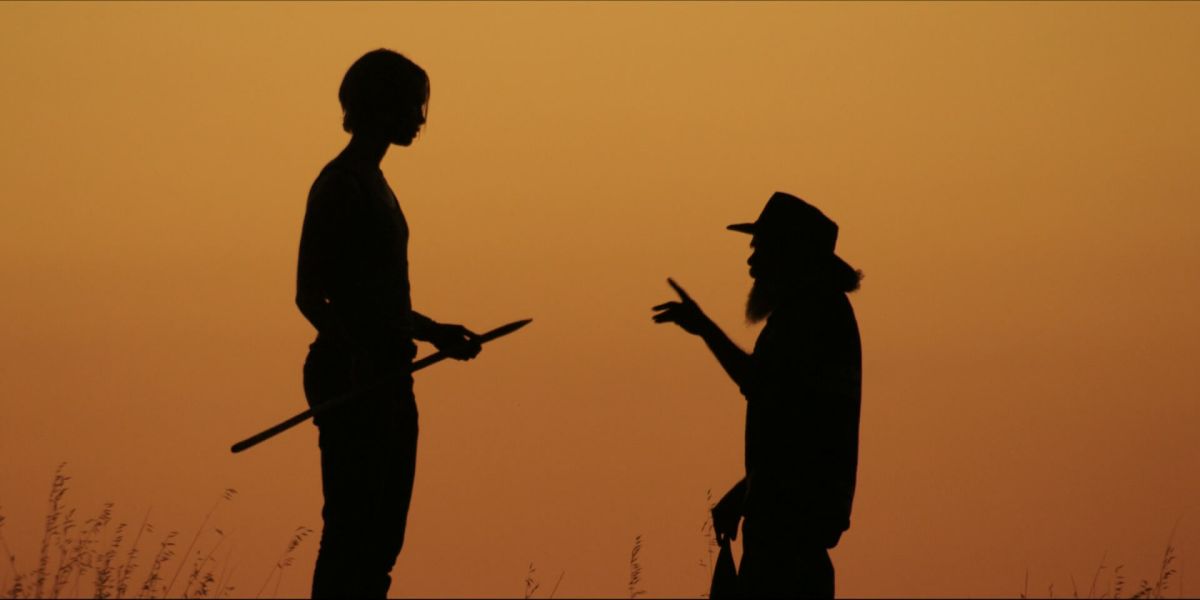 Eve is repeatedly confronted by these criminals, or wanna-be-rapists who see a normal dressed woman as an offer, and experiences family tragedies that actually form the core of the narrative. She is not without help though. As well as the policeman on her trail who reluctantly starts to cover-up for her, there is a criminal whom she meets in the desert, an old Aborigine who fits into the classic mentor role, a colleague in a bar and she even gets a canine companion. Though the question always lingers while watching the show: Will she get her revenge? What will she do when meeting the man who killed her family? Does she even have a chance against an experienced, sadistic killer like Mick?
Eve is repeatedly confronted by these criminals, or wanna-be-rapists who see a normal dressed woman as an offer, and experiences family tragedies that actually form the core of the narrative. She is not without help though. As well as the policeman on her trail who reluctantly starts to cover-up for her, there is a criminal whom she meets in the desert, an old Aborigine who fits into the classic mentor role, a colleague in a bar and she even gets a canine companion. Though the question always lingers while watching the show: Will she get her revenge? What will she do when meeting the man who killed her family? Does she even have a chance against an experienced, sadistic killer like Mick?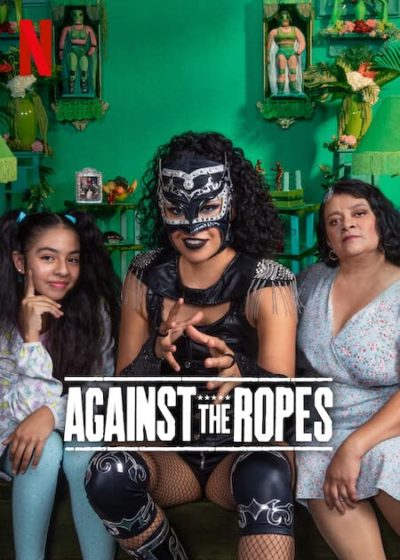 In one of the odder remakes I’ve seen in a while, this is a repurposing of the French 2013 film, Les reines du ring, which translates as “Queens of the Ring”. The core concept is retained, but the location is changed from France to Mexico, and the idea is expanded to a ten-part series. These changes make for a bit of a mixed blessing. Pro wrestling is certainly a more well-established part of the cultural landscape in Mexico, where lucha libre is extremely popular. On the other hand, the multiplication of the running time a factor of about four, leads to the necessary injection of superfluous storylines, which definitely reduced the entertainment value as far as I was concerned. It’s less a wrestling soap-opera, than a soap-opera with wrestling in it.
In one of the odder remakes I’ve seen in a while, this is a repurposing of the French 2013 film, Les reines du ring, which translates as “Queens of the Ring”. The core concept is retained, but the location is changed from France to Mexico, and the idea is expanded to a ten-part series. These changes make for a bit of a mixed blessing. Pro wrestling is certainly a more well-established part of the cultural landscape in Mexico, where lucha libre is extremely popular. On the other hand, the multiplication of the running time a factor of about four, leads to the necessary injection of superfluous storylines, which definitely reduced the entertainment value as far as I was concerned. It’s less a wrestling soap-opera, than a soap-opera with wrestling in it. Okay, I will admit that this strained credibility on a number of occasions, to the point that buttons were popping off its shirt. But I don’t think the makers were exactly going for gritty realism, and the bottom line is: I enjoyed this a lot. Certainly, more so than
Okay, I will admit that this strained credibility on a number of occasions, to the point that buttons were popping off its shirt. But I don’t think the makers were exactly going for gritty realism, and the bottom line is: I enjoyed this a lot. Certainly, more so than 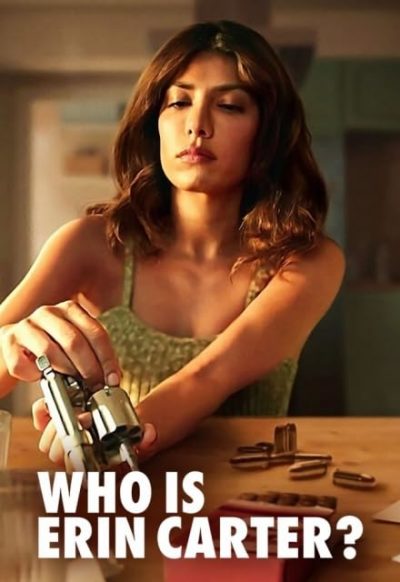 Turns out, Erin has a past, and the publicity resulting from her impromptu heroism brings it to visit. She finds herself embroiled in murder, organized crime and police corruption, as well as more normal familial drama, such as neighbourhood jealousy and whiny pre-teen nonsense. One of the seven 45-minute episodes is entirely in flashback (unexpected Jamie Bamber!), explaining the reason she changed her identity and moved to Spain, as well as why those from her history are keen to catch up with her. Even the spectacularly unobservant Jordi begins to realize that his other half is not quite as claimed. Her original explanation of a relapse into alcoholism doesn’t exactly explain all the sudden absences, injuries and unusual behaviour Erin is now exhibiting, as she tries to manage the escalating situation.
Turns out, Erin has a past, and the publicity resulting from her impromptu heroism brings it to visit. She finds herself embroiled in murder, organized crime and police corruption, as well as more normal familial drama, such as neighbourhood jealousy and whiny pre-teen nonsense. One of the seven 45-minute episodes is entirely in flashback (unexpected Jamie Bamber!), explaining the reason she changed her identity and moved to Spain, as well as why those from her history are keen to catch up with her. Even the spectacularly unobservant Jordi begins to realize that his other half is not quite as claimed. Her original explanation of a relapse into alcoholism doesn’t exactly explain all the sudden absences, injuries and unusual behaviour Erin is now exhibiting, as she tries to manage the escalating situation.